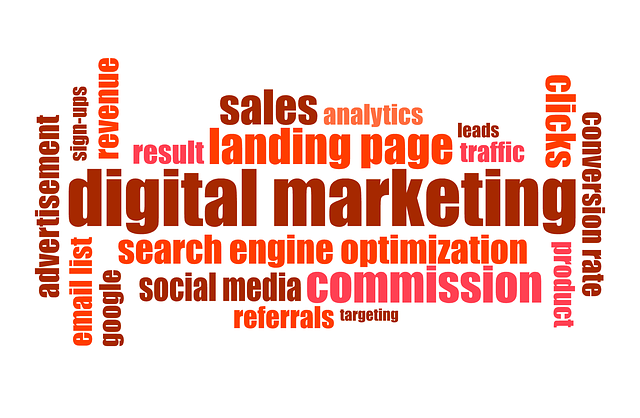AI implementation in auto businesses dramatically enhances operational efficiency through automation and predictive analytics. AI-driven systems streamline scheduling, customer appointments, inventory management, and parts procurement, reducing costs and improving cash flow. Marketing tools leverage AI to target campaigns based on customer behavior, fostering loyalty and boosting sales. Auto shops using AI-powered marketing strategies stay competitive, aligning with modern vehicle owners' expectations for personalized, efficient service.
The automotive industry is undergoing a transformative shift with the integration of Artificial Intelligence (AI) across various sectors. This article explores powerful AI implementation strategies tailored for auto businesses, highlighting how intelligent automation can streamline operations and elevate customer experiences. From optimizing inventory management and parts procurement to enhancing marketing efforts through data-driven insights, these AI-powered systems promise significant growth opportunities. Discover the benefits of AI chatbots for customer support, predictive analytics for sales forecasting, and innovative approaches to risk assessment and pricing strategies.
- Streamlining Operations with AI-Driven Automation
- – The role of AI in optimizing inventory management and parts procurement
- – Implementing automated diagnostic tools for efficient vehicle repair
Streamlining Operations with AI-Driven Automation

In today’s digital era, AI implementation strategies have become a game-changer for auto businesses, revolutionizing operations through automation. Auto shops can leverage AI-powered systems to streamline processes and enhance efficiency. For instance, AI algorithms can optimize scheduling by automatically managing technician assignments and customer appointments, reducing wait times and maximizing resource utilization.
Furthermore, AI-driven marketing tools enable auto shop owners to create targeted campaigns using predictive analytics. By understanding customer behavior and preferences, these AI systems can promote relevant services and products, fostering client loyalty and boosting sales. This not only improves overall business performance but also positions auto shops as innovative leaders in their industry.
– The role of AI in optimizing inventory management and parts procurement

Artificial Intelligence (AI) is transforming the way auto businesses operate, and one of its key applications lies in inventory management and parts procurement. AI-powered systems can analyze vast amounts of data to predict demand patterns, ensuring that auto shops have the right parts in stock at the right time. This optimizes supply chain processes, reduces costs associated with overstock or understock, and enhances overall efficiency.
By leveraging machine learning algorithms, these systems can identify trends and correlations in historical sales data, customer behavior, and market dynamics. This enables auto businesses to make informed decisions about which parts to stock, where to source them, and when to reorder. As a result, AI-driven inventory management not only improves cash flow but also strengthens relationships with suppliers, fostering a more collaborative and responsive supply chain ecosystem for auto shop marketing strategies.
– Implementing automated diagnostic tools for efficient vehicle repair

In today’s digital era, AI-powered systems are transforming traditional auto businesses by streamlining processes and enhancing customer experiences. One prominent implementation strategy is the use of automated diagnostic tools for efficient vehicle repair. These innovative solutions can swiftly identify issues within a car’s complex systems by analyzing vast amounts of data from sensors and onboard diagnostics. By automating this critical initial step, mechanics gain valuable insights, enabling them to perform repairs more accurately and efficiently.
Furthermore, AI-powered systems for auto shop marketing complement these diagnostic advancements. They leverage machine learning algorithms to process customer data, predict maintenance needs, and personalize service offerings. This not only improves retention but also attracts new customers through proactive communication about potential issues. Such strategies ensure that auto businesses remain competitive and cater to the evolving expectations of modern vehicle owners.
AI implementation strategies are transforming the automotive industry, offering significant advantages through streamlined operations and enhanced customer experiences. By leveraging AI-driven automation, auto businesses can optimize inventory management, parts procurement, and vehicle repair processes, leading to increased efficiency and reduced costs. Additionally, integrating AI-powered systems for auto shop marketing can help attract and retain customers by providing personalized services and targeted promotions. Embracing these innovations ensures a competitive edge in today’s digital era, positioning auto businesses for long-term success.
